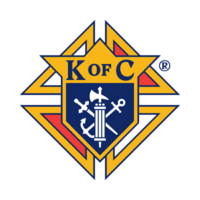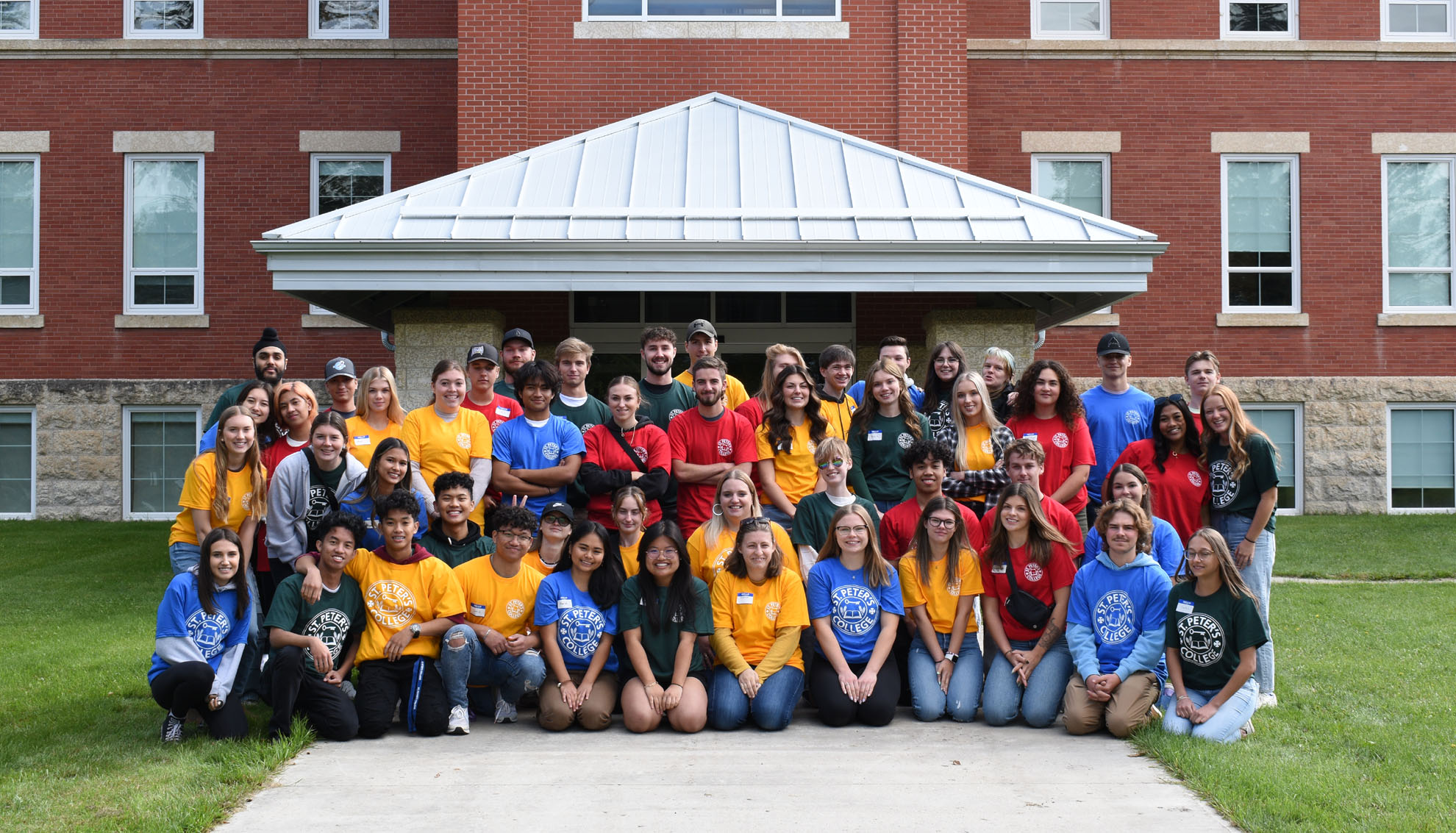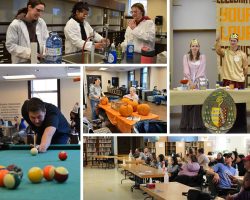About This Program
Kinesiology is the study of the body in movement. It is the field of study concerned with understanding how and why people move and the factors which limit and enhance our capacity to move. The focus is on human movement, whether such movement is performed alone or in a social setting; for example, in the context of undertaking a fundamental daily skill (such as walking, speaking or reaching and grasping), completing an occupational task (such as using a tool, or manual handling), executing a highly practiced sport or musical skill, exercising for health, or regaining the function of an injured limb.
Kinesiology has two main goals:
- the generation of knowledge through understanding the basic phenomena of movement;
- the application of knowledge for the benefit of society.
The Biological aspect of Kinesiology includes functional anatomy, biomechanics, exercise physiology, motor control and elements of sport and exercise psychology, which are concerned, with the understanding of the anatomical, mechanical, physiological, neural and psychological bases of human movement.
The Sociological and Cultural aspects of Kinesiology describe, explain and analyze the influences that effect physical activity and improve the social and cultural understanding of physical activities.
Kinesiology Routes
The College of Kinesiology offers four study routes in Kinesiology.
The Exercise and Sport Studies route allows for the greatest flexibility in course selection. Students are able to design their program in a manner that will prepare them for a range of opportunities in health, leisure and exercise science fields. Within the Exercise and Sport Studies route students may select a grouping of courses specifically in either the Leisure and Sport Administration stream or the Fitness and Lifestyle Professional stream.
The Physical Education route is intended for two groups of students: those who choose not to access the combined program, and those interested in pursuing a career as an elementary or middle years teacher. Students are required to complete a second teaching area in addition to physical education.
Combined B.Sc. (Kin) and B. Ed. degree program: Students interested in becoming secondary physical education teachers must hold both a Kinesiology and Education degree. This study route has been designed to allow students to pursue these degrees concurrently. Most students would be eligible for application after three years of study in the College of Kinesiology and would spend two more years in Education before completing the program. Students are required to complete a second teaching area in addition to physical education.
The Honours program is for honor roll students enrolled in the Exercise and Sport Studies route and will be completed in the third and fourth years of the undergraduate program. Students interested in pursuing graduate level study in the sport sciences (exercise physiology, biomechanics, growth and development, sport psychology, and others) are advised to follow this route as it provides excellent preparation for graduate level of study.
First Year Classes
| Term 1 | Term 2 |
|---|---|
|
Careers
As a graduate of this program, you’ll have a variety of career options open to you, such as:
Health Education and Physical Education
- Classroom teacher
- Curriculum designer
- Education consultant
- Coach
Health, Fitness and Rehabilitation
- Certified fitness appraiser
- Athletic therapist
- Strength and conditioning coach
- Activity coordinator
Cardiac Rehabilitation
- Chronic disease health specialist
- Rehabilitation
High Performance Athletes
- Elite athletes
- Professional teams
Kinesiology
- Professional kinesiologist
- Exercise therapist
- Health and fitness coordinator
- Exercise physiologist
- Professional fitness and lifestyle consultant
Recreation and Sports Administration
- Sports/recreation facility manager
- Sport consultant
- Ecotourism/outdoor recreation leader
- Sport marketing director
The flexibility of our program is also beneficial to those interested in pursuing a second degree in these areas, and others:
- chiropractic
- medicine
- nursing
- occupational therapy
- physical therapy (physiotherapy)
- public health
Tuition Estimates
| Canadian | International | |
| Tuition | $7,124 | $26,075 |
| Fees | $300 | $300 |
| Books | $1,000 – $1,500 | $1,000 – $1,500 |
| Total | $8,424 – $8,924 | $26,375 – $26,875 |
Tuition will vary depending on the type and number of classes you take in a year. This estimate reflects a typical amount you could expect to pay in your first year if you enroll in a full course load, the maximum number of courses allowed.
Fees are used to fund specific student benefits.
The cost of books and supplies varies widely depending on the courses you choose. It is recommended that you budget between $1,000-$2,000 per year.
*BASED ON THE RATES DISPLAYED ON OUR TUITION PAGE
Admission Requirements and Deadlines
Deadlines
St. Peter’s College Deadline:
Students already accepted into their program at the University of Saskatchewan may begin classes at St. Peter’s College anytime before the deadline for registration changes (mid-September and mid-January)
University of Saskatchewan Deadline:
The full list of deadlines for each college at the University of Saskatchewan can be found at the programs specific requirements and deadlines page on their website.
Required High School Classes
- Foundations of Mathematics 30 or Pre-Calculus 30
- Biology 30
- Chemistry 30 or Physics 30
The high school classes that are required for admission purposes are not always the same as classes you will need to complete the degree program you choose. For example, if you want to minor in chemistry, you will need high school chemistry to take your first-year university classes.
Required Grade Average
Early admission minimum average: 90%
Regular admission minimum average: 85%
After the early admission deadline, we’ll continue accepting applications until the final deadline. All applicants will be ranked by admission average and spaces will be offered to the top applicants. Based on last year’s applicants, we expect to offer admission to students with an 85% average or above..
Learn how we calculate your admission average. If you do not meet the minimum admission average, you may be considered for the Transition Program or for special (mature) admission.
English Proficiency
If your first language in not English, you may have to prove proficiency in English before admission. It is expected that applicants interested in this program are fluent in English.
Ready to apply?
Students must apply and be accepted to the University of Saskatchewan and St. Peter's College. The University of Saskatchewan requires a non-refundable application fee of $90 CDN before your application will be processed. St. Peter's College will process your application at no charge.
Search
Related Programs













